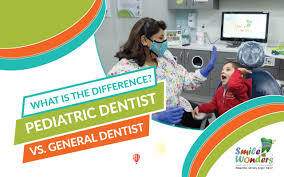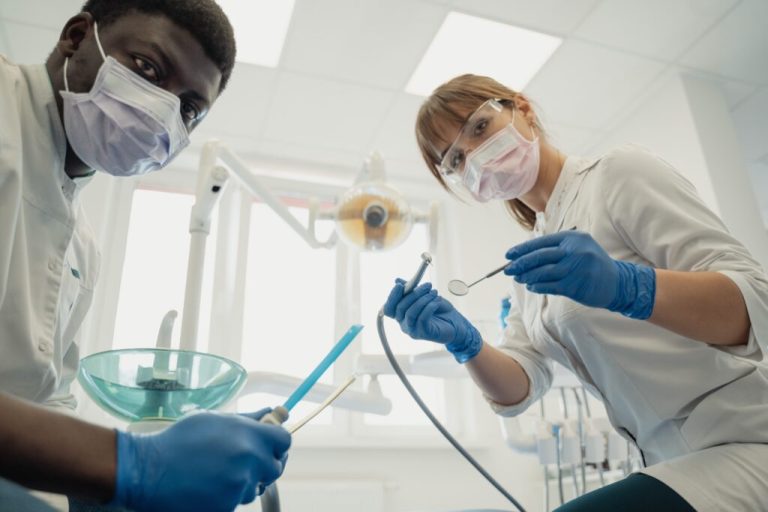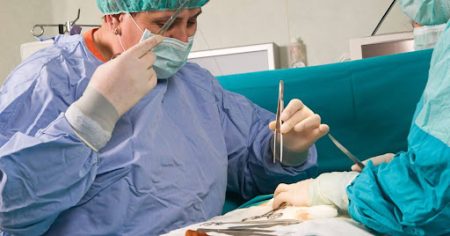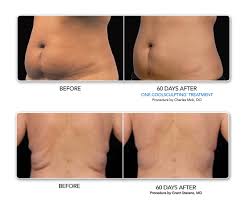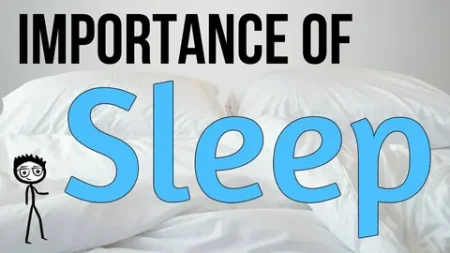A dental emergency can be unnerving and when it happens to you as a resident of Etobicoke, the first thing you need to find an emergency dentist. That is your singular option to prevent potential long-term damage to your mouth and teeth. Just any dentist may not provide you the relief that you need when faced with a dental emergency. You should find the right emergency dentist to get guaranteed relief. Once your immediate dental problem is effectively addressed, your dentist will advise further course of action such as dental implants for lasting relief. The following tips are designed to help you make the right move.
Why an emergency dentist in particular
If you have experienced dental pain at least once in your lifetime, you will agree it is among the most excruciating types of pain. It can impact your talking, sleeping, eating, and many other aspects of everyday life. If you already have a family dentist, you should check if he/she provides emergency services. In most instances, you should receive a positive response and can head straight to his/her office. You should remember that procrastination can only increase your pain and suffering.
You should prevent further complications
When you are faced with a dental emergency, it is important that you prevent further complications. Further, you should also know that several dental emergencies begin with minor issues. Leaving these minor issues untreated can become overwhelming with time. Consulting your family dentist early on when you experience minor trouble with your dental system can be a good measure to prevent dental emergencies. It could also be a lot easier to fix these minor issues when you visit your dentist in time.
Choosing your emergency dentist
Not all dentists may be equipped to provide emergency services. Therefore, you should check with your dentist if emergency services are offered by him/her. If your dentist is not able to help, he/she can provide you references of another competent dentist or dental hospital and better still, refer you to such a facility. Once you get the contact information of an emergency dentist in etobicoke, you can also do a quick online search to establish that you are heading for the right facility. If online reviews are available, take a balanced view from multiple reviews rather than relying on just one or two reviews.
FAQs
- What qualifies as a dental emergency?
A dental emergency includes any situation that causes severe pain, bleeding, or trauma to the teeth or gums. Common emergencies include knocked-out teeth, severe toothaches, chipped or cracked teeth, and gum infections.
- Should I visit an emergency dentist if I have a toothache?
Yes, especially if the pain is severe or persistent. A toothache could be a sign of an underlying issue like an infection or cavity that requires immediate attention to prevent further complications.
- How quickly should I see an emergency dentist after an accident?
It’s best to see an emergency dentist as soon as possible, ideally within 30 minutes to an hour. Quick treatment can significantly increase the chances of saving a tooth that has been knocked out or damaged.
- What should I do if my tooth gets knocked out?
If your tooth gets knocked out, rinse it gently with water and try to place it back in its socket. If that’s not possible, keep it in a container of milk or saliva and visit an emergency dentist immediately. Time is critical for tooth reimplantation.
- Are emergency dental services covered by insurance?
Many insurance plans cover emergency dental services, but the extent of coverage may vary depending on the plan. It’s a good idea to check with your provider for details on emergency dental coverage.
- Can I visit an emergency dentist without an appointment?
Yes, most emergency dentists accept walk-ins or provide same-day appointments for urgent dental issues. It’s recommended to call ahead if possible, but immediate attention is usually available.
- What if I can’t afford emergency dental care?
Some dental offices offer payment plans or financing options for emergency care. You can also check if your dental insurance covers emergency procedures or explore community clinics that provide low-cost emergency dental services.
- How can I prevent dental emergencies?
You can reduce the risk of dental emergencies by practicing good oral hygiene, wearing a mouthguard during sports, avoiding hard or sticky foods, and seeing your dentist regularly for check-ups and cleanings.
